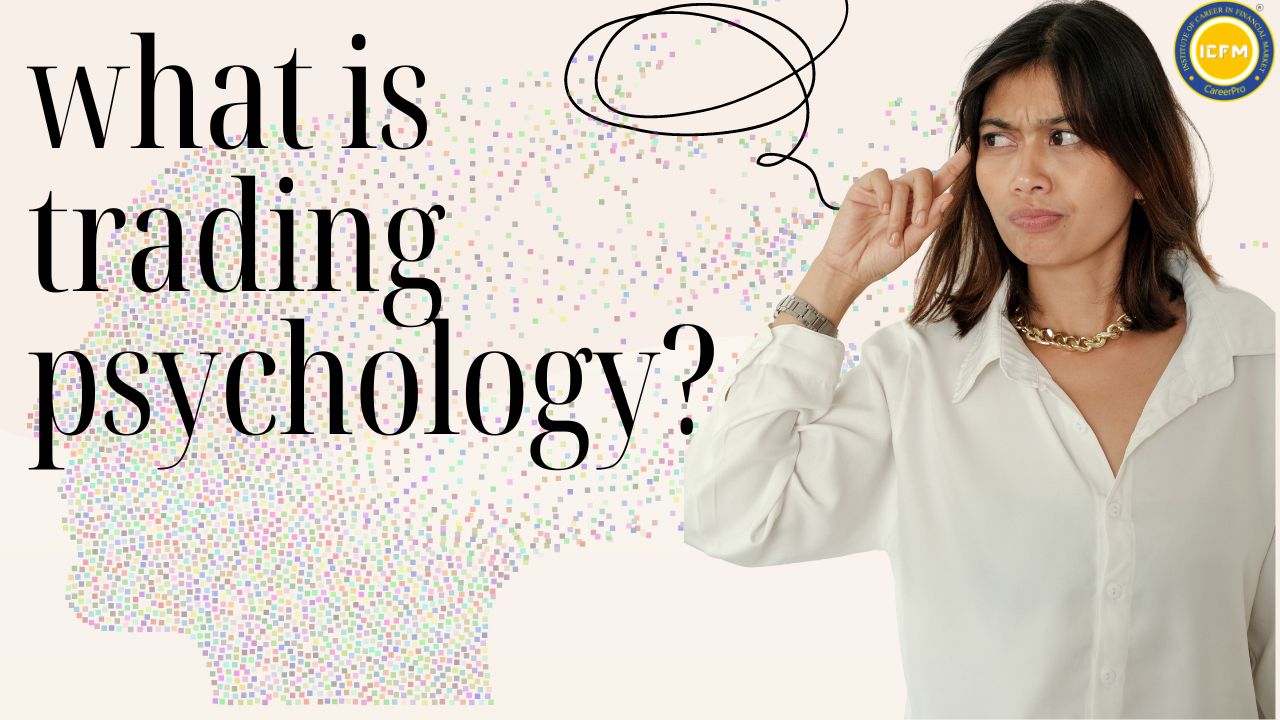Trading Psychology
Trading Psychology: Mastering Your Emotions for Success, implies the situation when a trader is influenced by his mind and emotions. Trading is not simply the knowledge of the market and practicing charts, it is also overcoming feelings such epitome of greed, anxiety, excessive self-confidence and self-doubt which performance.
Key Aspects of Trading Psychology:
Emotional Discipline
Discipline is another factor which will test the psychology
of the trader and it is one of the necessities towards profitable trading. The
proficient traders know how to master their emotions and impulses while
executing their trading strategies even when emotions such fear or excitement
try to distract them.
This emotional discipline applies to not only using exiting stop losses or not changing one’s strategy but also being able to wait when the market is in extreme failure or too many volatility.
Fear and Greed: The Emotional Roller Coaster
One such emotion is fear where a trader might panic and sell positions way before any reasonable target is hit, completely stay away from the risk appetite or just stick to losing positions so as to not book a loss.
Another such paradigm is Greed, and here many traders will go after profit at all costs, overtrade, or take an unsuitable amount of risk with no regard to the risk at hand.
Facing Overconfidence
One of the most common and dangerous dangers of one’s personality is overconfidence. Following a period of good trades, a lot of traders might get cocky and do stupid things like going for bigger positioned trades, taking on more risks, or fully disregarding all the precautions necessary.
Handling Losses: Resilience and Mental Toughness
Trading incurs losses, and traders will inevitably incur losses. However, how they deal with the losses will be what determines their success in the long run.
Instead of making losses affect their trading psyche or leading to a quest for revenge trading, successful traders have been found to turn losses into strategy restructuring opportunities.
Avoiding the “Herd Mentality”
Setting Realistic Expectations
It is also essential to have a balanced mentality.
Especially in the beginning stages many of the people in the veteran community
who are trying to be novice traders summarize it with the utmost level of
optimism – number of traders will make money in their shortest possible time
which is wrong, when the market does not conform to their expectations, a lot
of bad emotions comes up, and fogs up their rationality base.
Realistic expectations damage the instance of panic among traders and the trader remains fixated on the growth in profits over an extended period, rather than realizing that rapid fluctuations in profitability are typically accompanied by cycles of low gains.
Patience, and the Long Game
According to every trader, they will tell you that patience
is much needed, especially in instances when the market is not going in your
favour. This normally occurs when you rush trades or try to force results hence
making errors.
High class traders have mastered the art of controlling
their emotions and in their words. It usually occurs that it is better for them
to wait for high probability of winning trades rather than going after the
trades themselves.
Techniques for Mastering Trading Psychology:
Develop a Trading Plan
The logical step would be to create a detailed plan on how
to trade: the way it is organized is highly effective as it minimizes arbitrary
choices based on emotions. It defines risk amounts and the most critical, it
helps you with structure.
Journaling and Self-Reflection
Through a trading diary, for instance, the trader can analyze and optimize his performance. So through such a journal, they would understand what occurred when performance was degraded, what trade or why it worked and so forth.
Practicing Mindfulness and Stress Management
Traders can also perform Yoga type exercises and breathe correctly which will keep them calm and collected so reducing the volatility of emotions during market movement and entry points.
Set Stop-Loss and Take-Profit Levels
Some measures finance creating position sizes and also including stop levels of loss or cut away the profits have been observed as best methods of removing emotion out of a trader’s work.
Focus on the Process, Not Just the Outcome
The concept of process-oriented trading rather than results-oriented trading supports the ability of traders to maintain consistency. The objective is to assess the trades based on the criteria of adherence to the trading strategy and not on the outcome of the trade.
Conclusion:
Successful trading psychology involves understanding the
effects of emotions on trading as well as taking steps to anticipate such
emotions. The ability to control fear, greed as well as other instincts help a
trader to make wise decisions, remain professional and in the end be fruitful.
Hitting the right balance between harnessing one’s emotions especially during
market turmoil and learning technical skills should be embraced.









